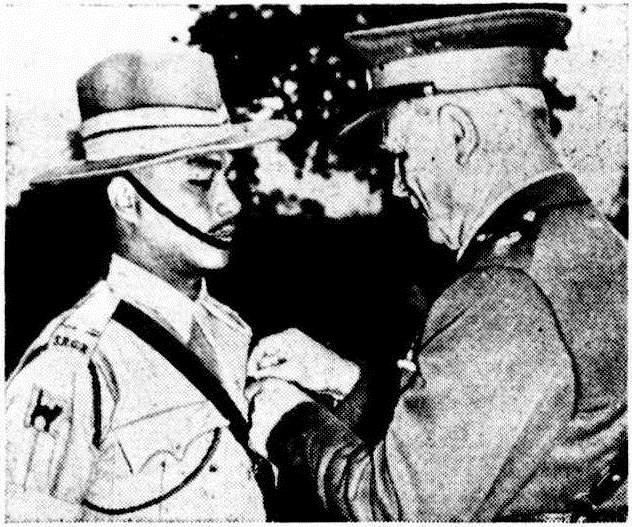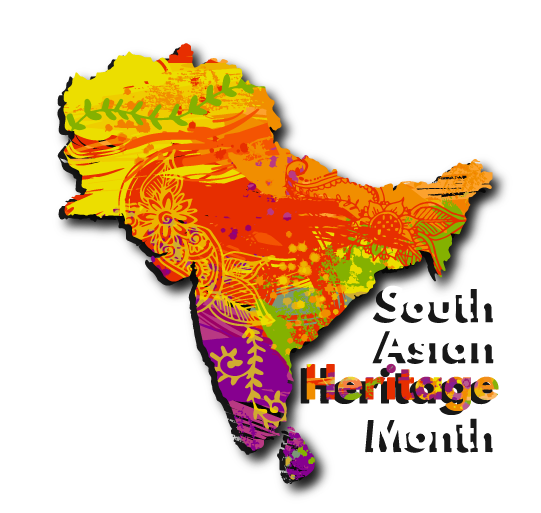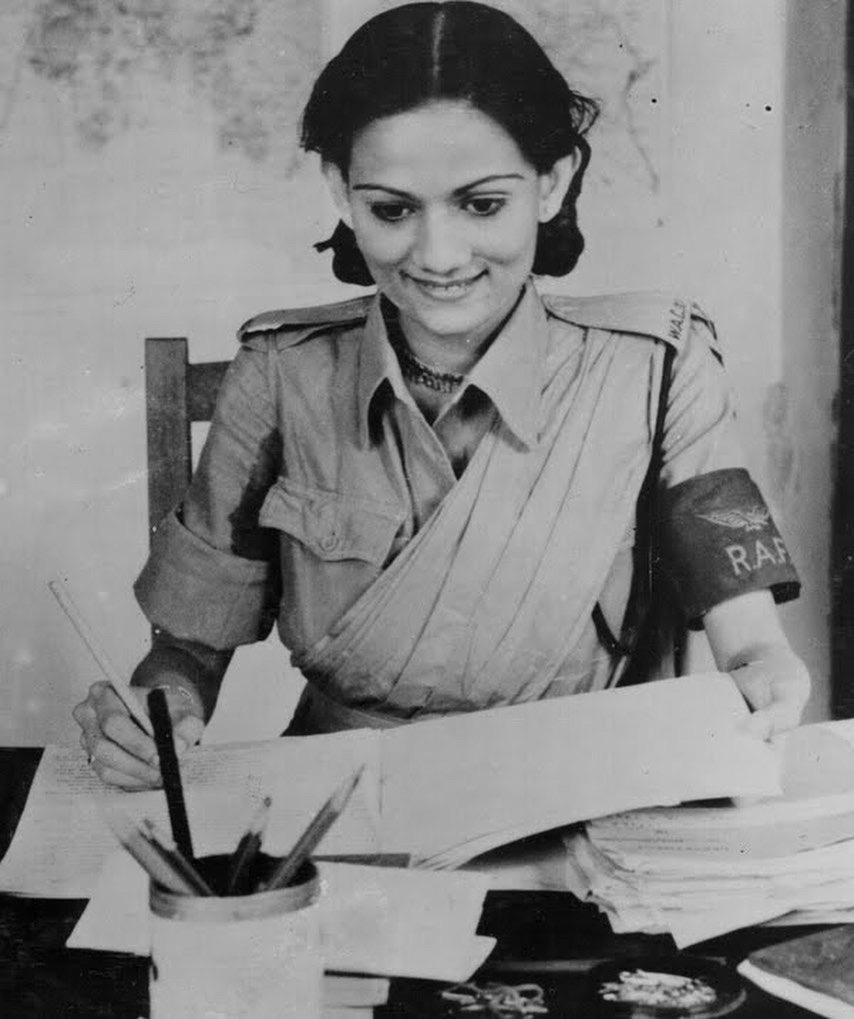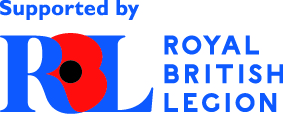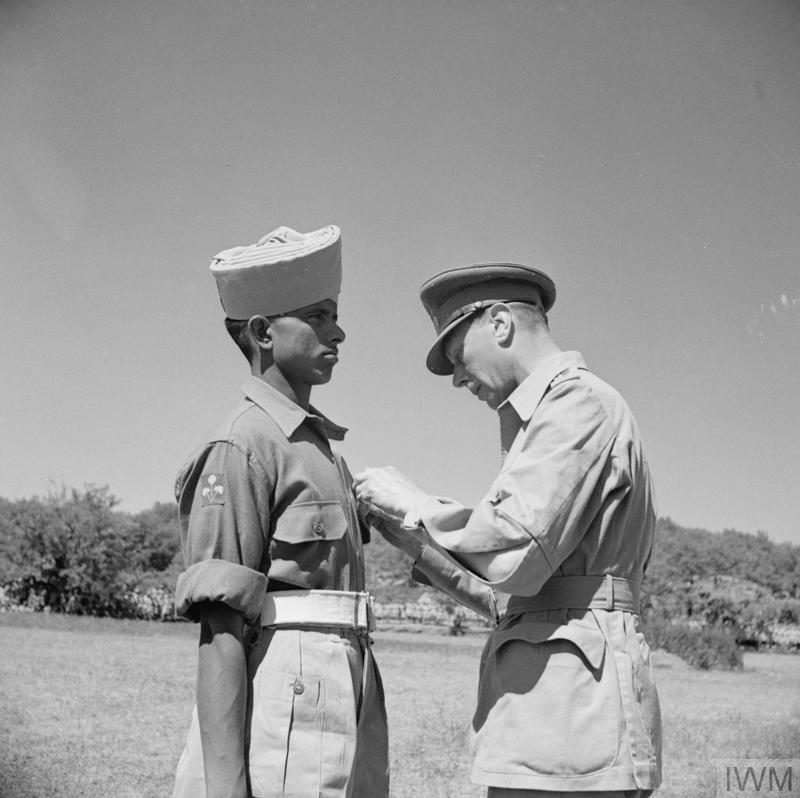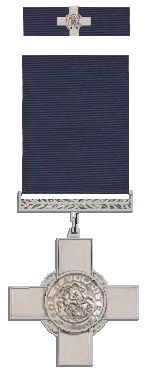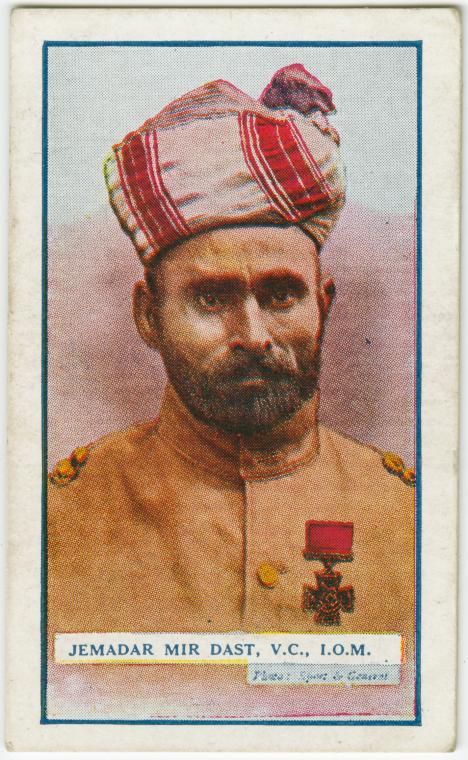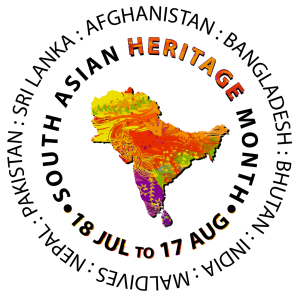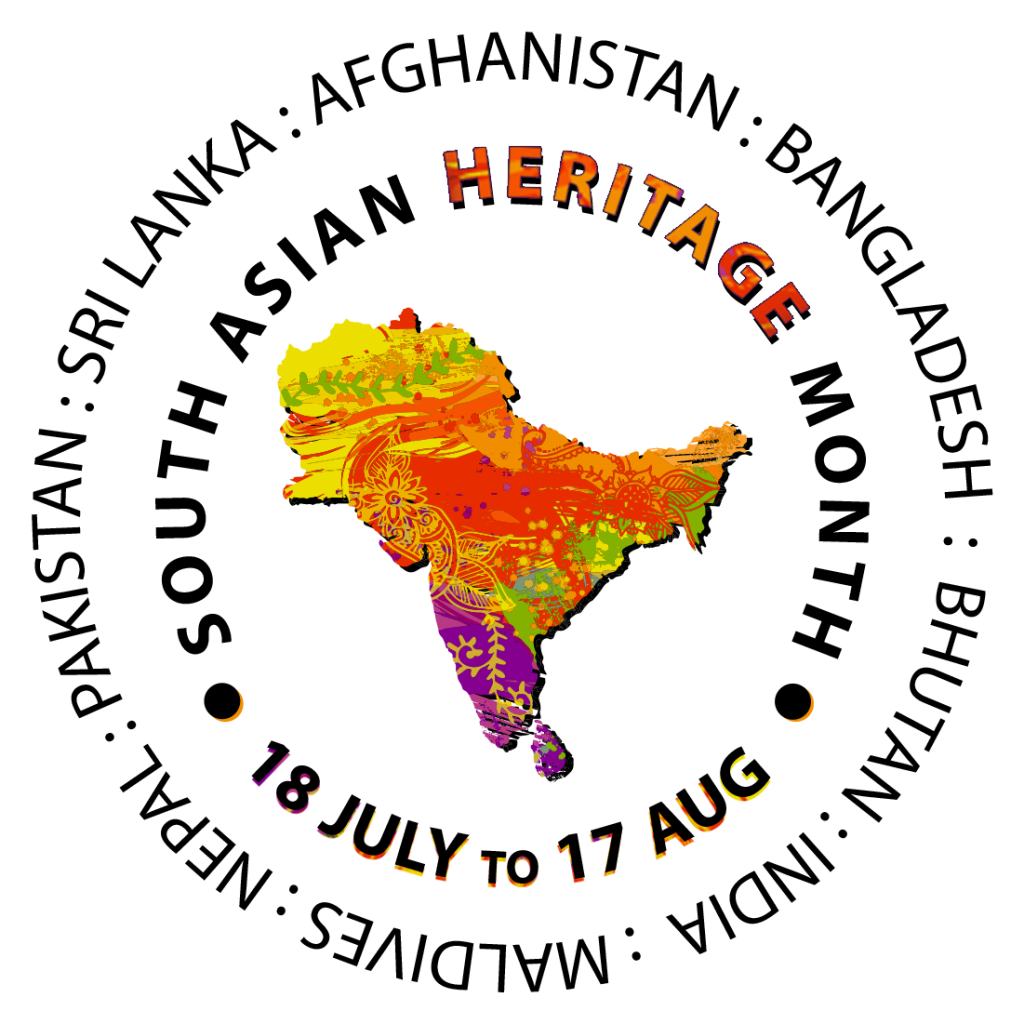Born on 14 August 1924, in Madras (now Chennai), Begum Pasha Shah was already an exceptional young woman. She was the second of six sisters and had three brothers who served in the Indian Civil Service. Her father, Abdul Gafoor Shah, was the Chief Instructor in Urdu for British officers stationed with the RAF at Poona (Pune). According to her son, Naseem, “Having had a close relationship with her father and admiring his strength in caring for others, my mother was inspired by his efforts and impact,” and thus she joined the WAC(I).
Begum Pasha Shah’s heritage was as distinguished as her future would be. Her family migrated from Iran to India, with her great-maternal grandfather once being the King of Khorasan, a province in Iran. She graduated in social psychology from the Women’s Christian College in the Trichinopoly district of British India’s Madras. She had hoped that after the war she would be able to attend the University of London and continue her studies there, but it wasn’t meant to be.
The Second World War saw a surge in women’s contributions to the war effort, and India was no exception. The Women’s Auxiliary Corps (India) [WAC(I)], established in 1942, offered Indian women a unique opportunity to participate in the war effort. Inspired by a radio appeal from Lady Linlithgow, the Viceroy’s wife, 19-year-old Begum Pasha Shah volunteered to serve.
At the age of 19, she joined the WAC(I) in 1943. Despite being offered a commission due to her impressive multilingual abilities – she spoke seven languages, including English, French, and Persian- she chose to start as a private. This decision reflected her desire to earn promotions through hard work rather than privilege which would lead to her eventually being promoted to Captain. Her primary duties included clerical and administrative tasks in the RAF Orderly Room in Southern India, which freed up male soldiers for combat roles.
Begum Pasha Shah’s service in the WAC(I) was marked by her dedication and efficiency. She worked in various capacities, including overseeing military and battery records, telegraphy, and eventually telephony duties at air headquarters. Her skills in code interception, ciphers, and accounting were particularly noteworthy.
Her personal life intertwined with her professional duties in a remarkable story of love and courage. On one of her assignments to Air Headquarters, she met her future husband, IAF Combat Pilot Syed Shabbir Hussain. Their meeting was serendipitous,
“She was speeding in a Jeep with two other female auxiliary members when her vehicle came into contact with another Jeep parked on the roadside which included a few young Indian RAF officers. Sparks flew and thereafter so did their love story”.
After the war, Begum Pasha Shah migrated to the newly created Pakistan in 1947. There, she balanced her roles as a mother and a working woman, utilising her leadership and communication skills in the government. She served as an administrator and departmental head, notably working with the Karachi Joint Water Board and later the Karachi Development Authority until her retirement in the late 1970s. Her family recounts,
“After the war ended, her life was busier than usual because when she migrated to the newly created Pakistan in 1947 there were a host of nascent issues confronting the country”.
Despite her busy schedule, Begum Pasha Shah always managed to find time for her family, raising six children – three boys and three girls – and ensuring each child understood the value of education and pursued degree studies.
